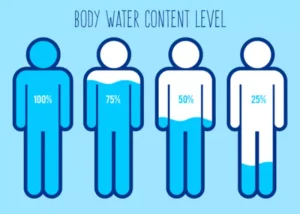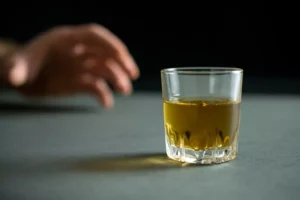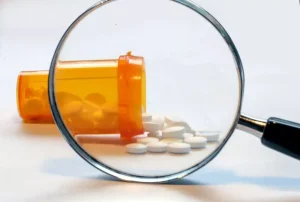
Alcohol initially boosts dopamine levels, which produces a feeling of relaxation and happiness. However, as a person drinks more and more over time, the brain adapts to the dopamine rush. Embarking on the road to sobriety shouldn’t be a lonely endeavor, and managing any emerging sugar cravings isn’t an exception.
- You might eventually start craving that reward in new situations.
- Besides increasing cravings, alcohol consumption affects blood sugar levels in multiple ways.
- Additionally, maintaining a regular exercise routine can offset these cravings by reducing stress and helping regulate your hormones.
- Although chocolate (particularly dark chocolate) does contain some magnesium, nuts and legumes also contain magnesium, don’t have as much sugar, and are generally more satisfying.
- Sugar cravings are normal on their own and don’t indicate an underlying health problem.
- The good news is, it is possible to get to a place where you don’t feel controlled by the sweets in your house.
The Importance of Professional Help in Managing Sugar Cravings
Experiencing sugar cravings is common for people with substance abuse issues. Sugar affects the brain’s neurotransmitters, similar to the dopamine rush caused by drinking. This can lead to medical complications, increasing the risk of type 2 diabetes and other cardiovascular diseases. Most people with alcohol addiction develop sugar cravings about 3 days after their last drink. Gillian Tietz is the host of the Sober Powered podcast and recently left her career as a biochemist to create Sober Powered Media, LLC. When she quit drinking in 2019, she dedicated herself to learning about alcohol’s influence on the brain and how it can cause addiction.
- But usually, these new cravings should only last for a few weeks to a few months, she explains.
- Below, we’ll explore why cravings happen and offer a few tips to manage them, from in-the-moment techniques to long-term coping strategies.
Find Long-Lasting Recovery from Alcohol Addiction at The Raleigh House

Understanding the factors that contribute to sugar cravings in recovering alcoholics can provide insights into why these cravings occur. On top of the factors mentioned above, there are several other good reasons you may experience sugar cravings after quitting drinking. These include disruptions to your body’s blood sugar regulation, and mood swings due to a drop in serotonin. Comfort foods for stress could be sweet or savory, depending on your preferences. But they are commonly high in added sugar, strengthening the association of sugar as a stress reducer for our brain. One study found that excessive sugar consumption may impact the brain in a way that makes people under stress more vulnerable to ongoing sugar cravings.
Why Do Alcoholics Crave Sugar?

Comprehending that sugar cravings are a common side effect of quitting alcohol will aid in its management. These cravings are unbeknownst to many, invading subtly with symptoms like persistent thoughts of sugary food, anxiety, restlessness, and even mood swings. Whether you’re quitting drinking for dry January or want to cut alcohol out of your life for good, there are some ways to get through the sugar cravings you might experience. A person who experiences alcohol cravings does not necessarily have alcohol use disorder. Instead, a habit loop of cues, behaviors, and rewards may be causing the cravings. An alcohol craving is an intense urge or desire to consume alcohol.
For instance, your morning routine might consist of getting out of bed, stretching, taking supplements, and making coffee. You’ve probably been doing things repeatedly for so long that why do alcoholics crave sugar you don’t think much about your actions. Sugar is one of the most widely consumed ingredients and for a good reason. It makes things taste sweeter and more appealing to our tastebuds.

Will I Die If I Take Nyquil After Drinking?


